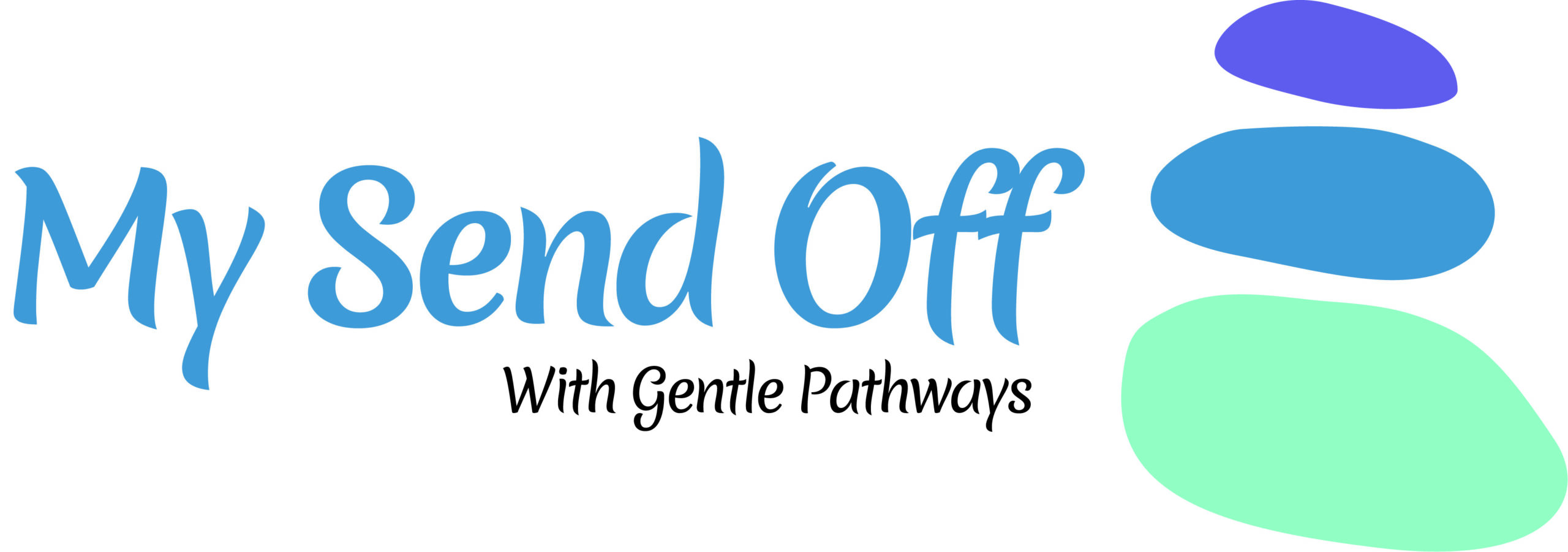It’s more important than you think
Caring for yourself is essential to protect your mental, emotional, and physical well-being. Self-care helps you stay balanced, resilient, and ready to face life’s challenges with strength and clarity. Whether you’re dealing with everyday stress or supporting a loved one with a life-limiting illness, taking time to nurture yourself can make all the difference.
Self-care can be as simple as a walk, a creative activity, or a quiet moment of reflection. It’s about recognizing your own needs and creating space to recharge. Holistic practices such as yoga, meditation, and reiki offer deeper support, addressing the Seven Pillars of Self-Care – mental, emotional, physical, environmental, spiritual, recreational, and social. From no-cost ideas to fulfilling activities worth investing in, our self-care guide provides inspiration for every lifestyle. By prioritizing your well-being, you’re building the foundation for a healthier, more balanced life, enabling you to show up as your best self every day.
Self-Care Options
What you can do for free!
Walk
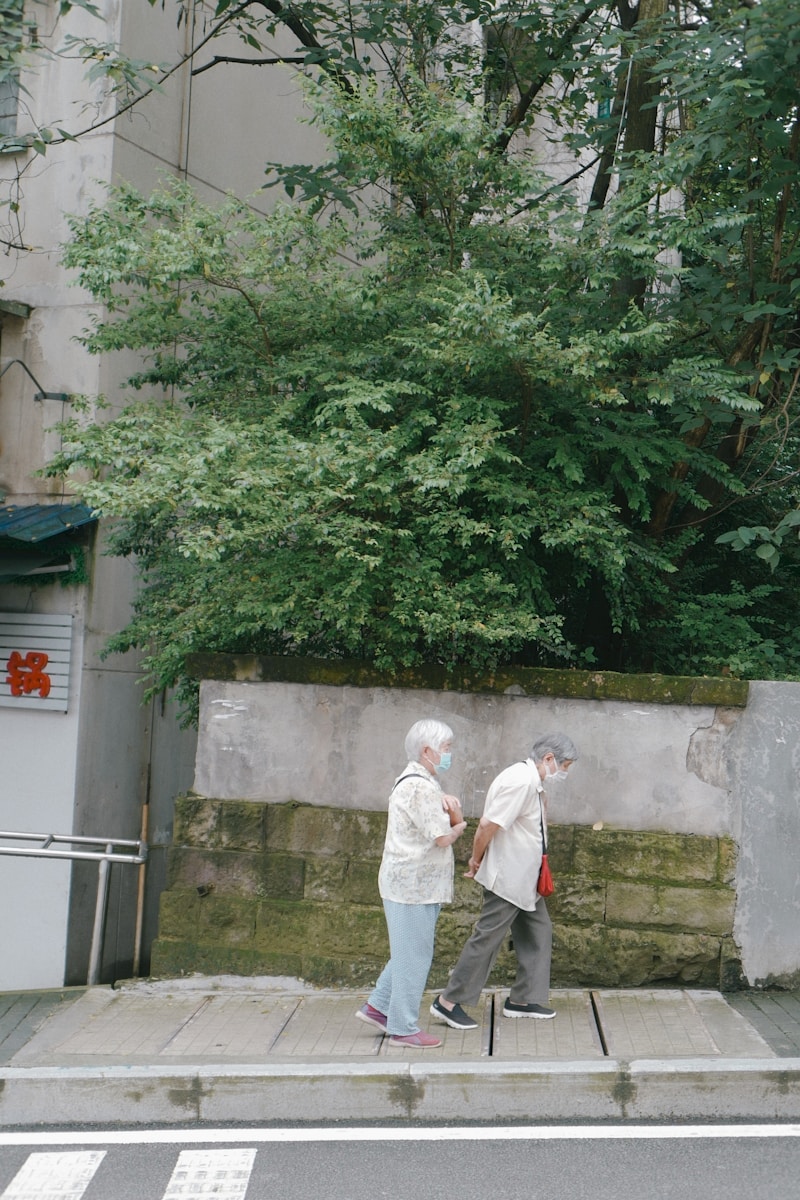
Sleep
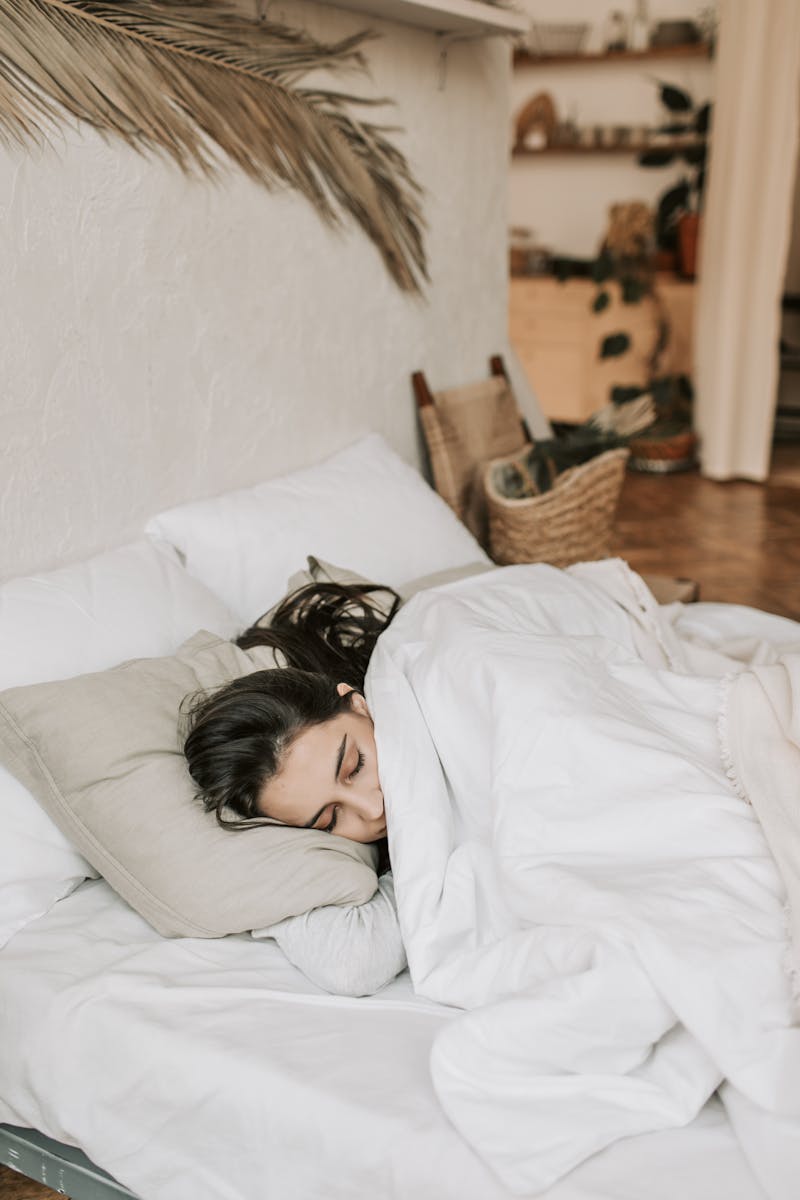
Bathe
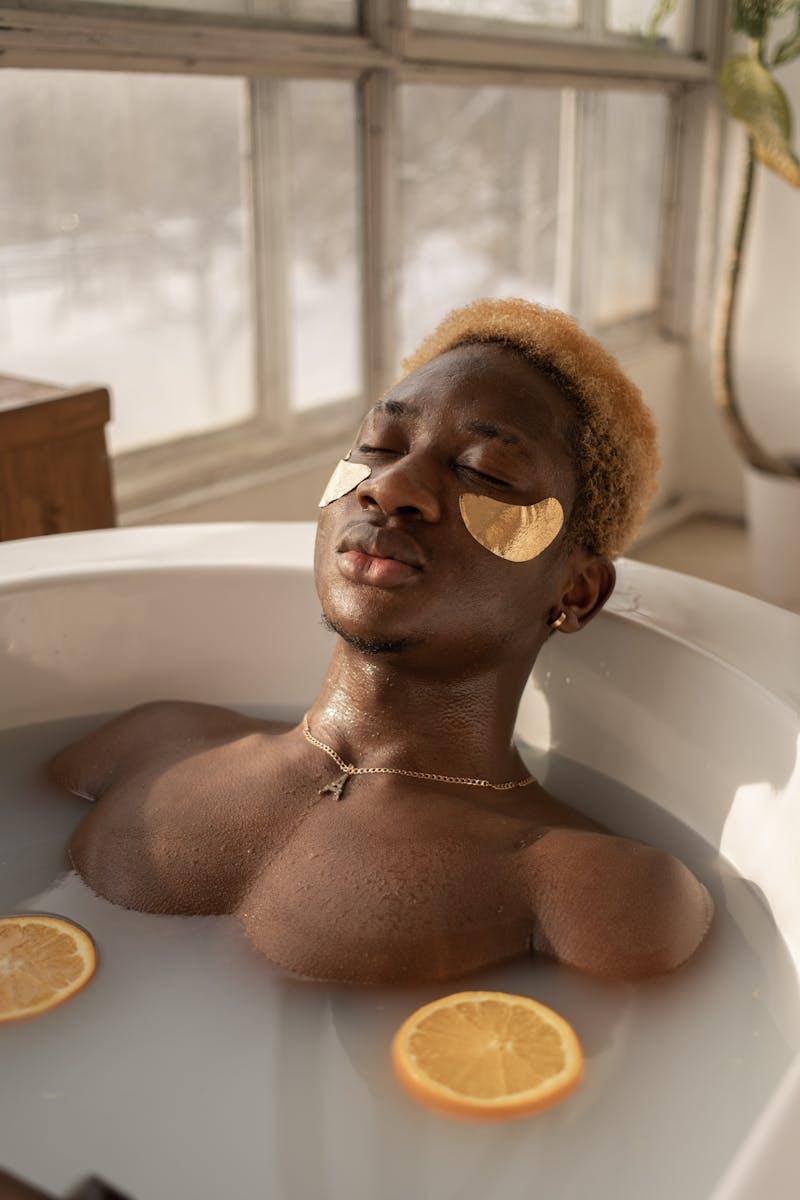
Read
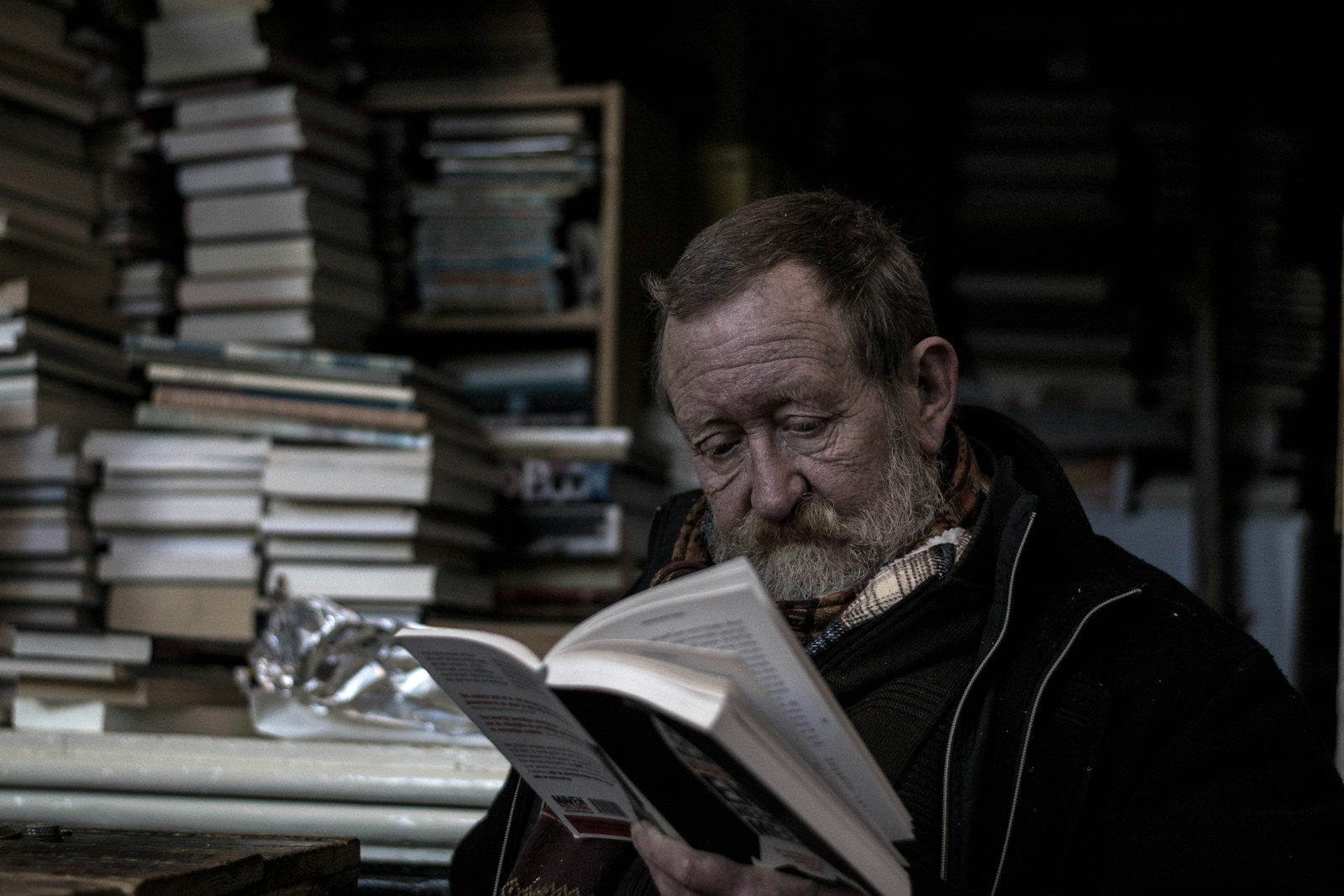
Get creative
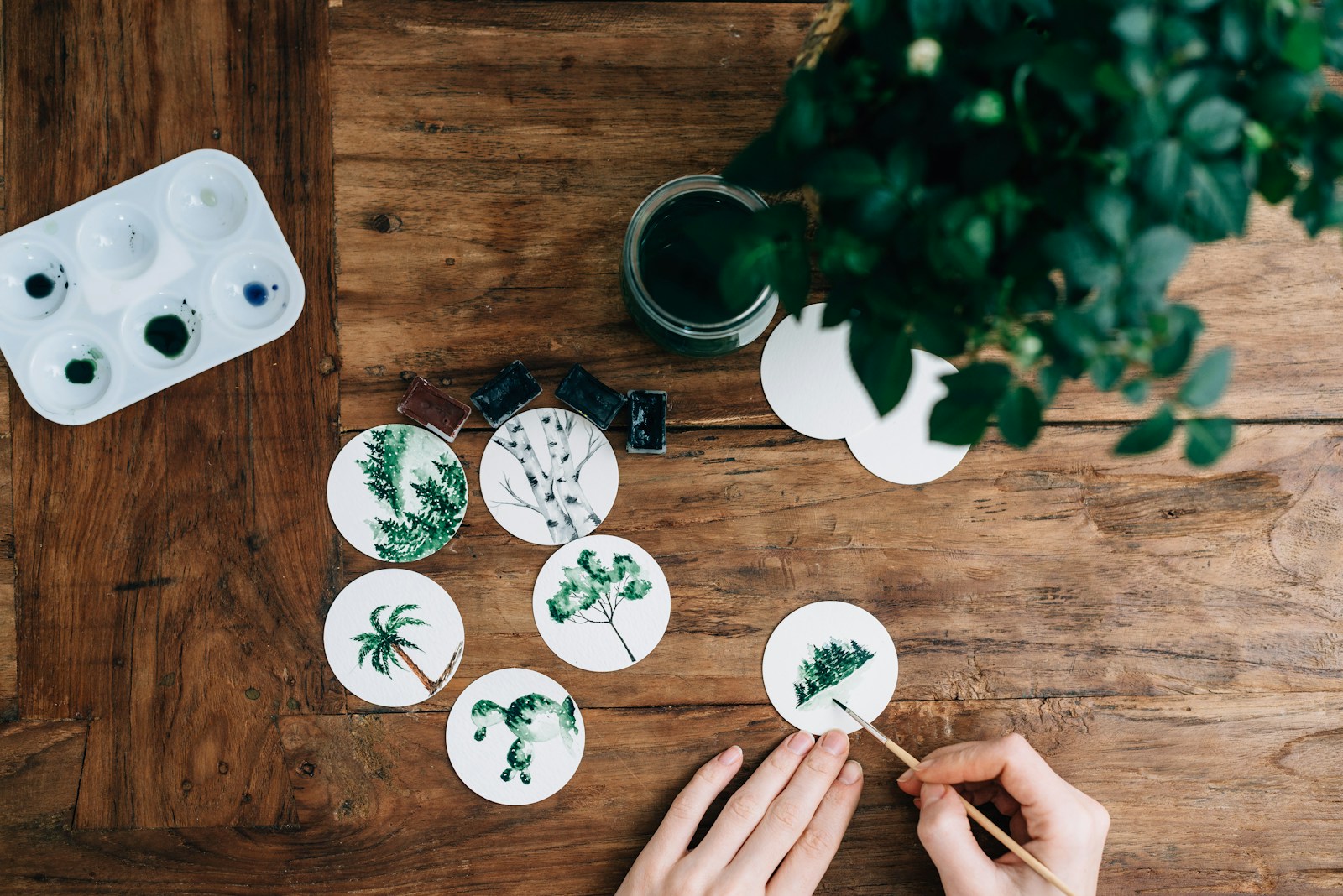
Garden
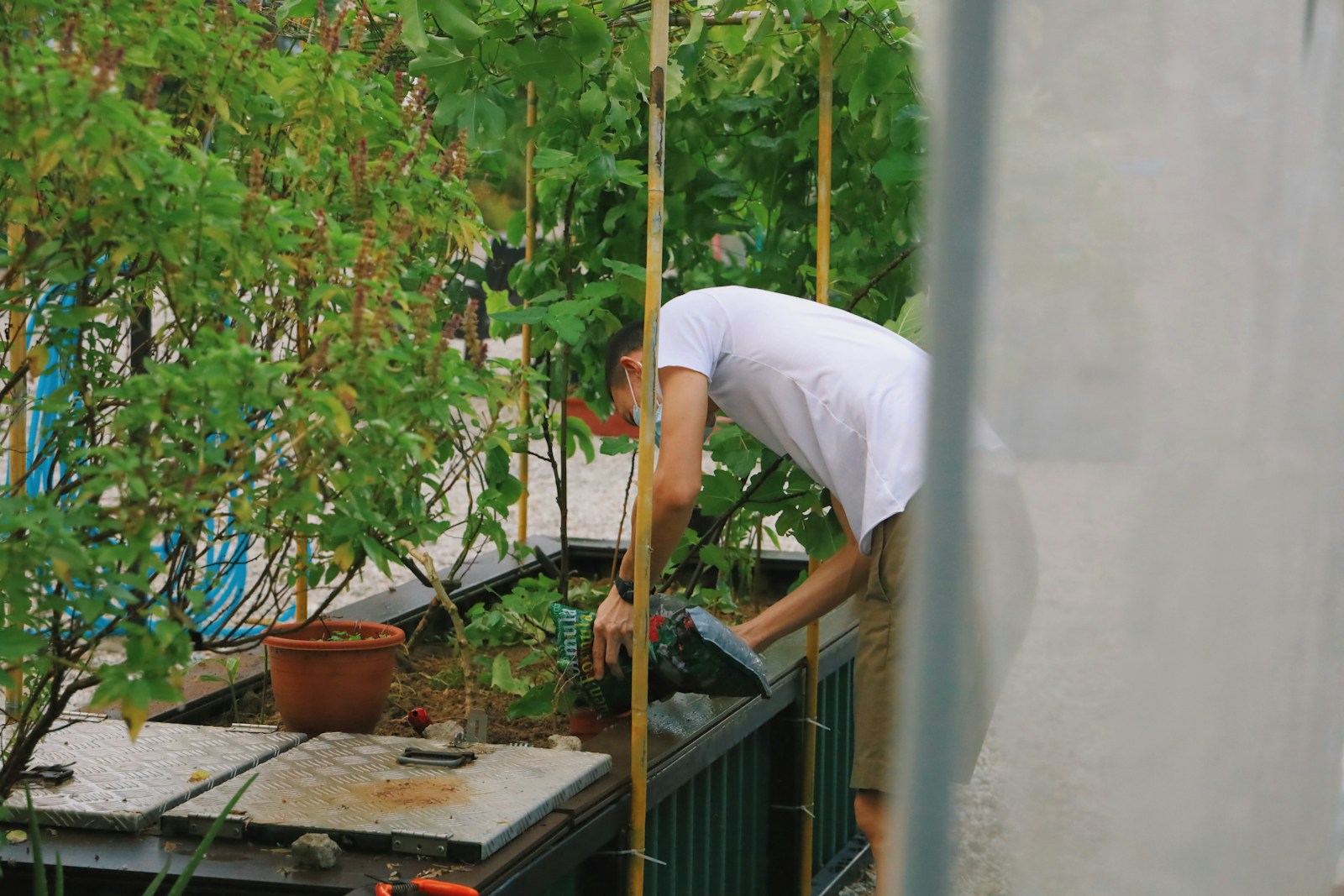
Pets
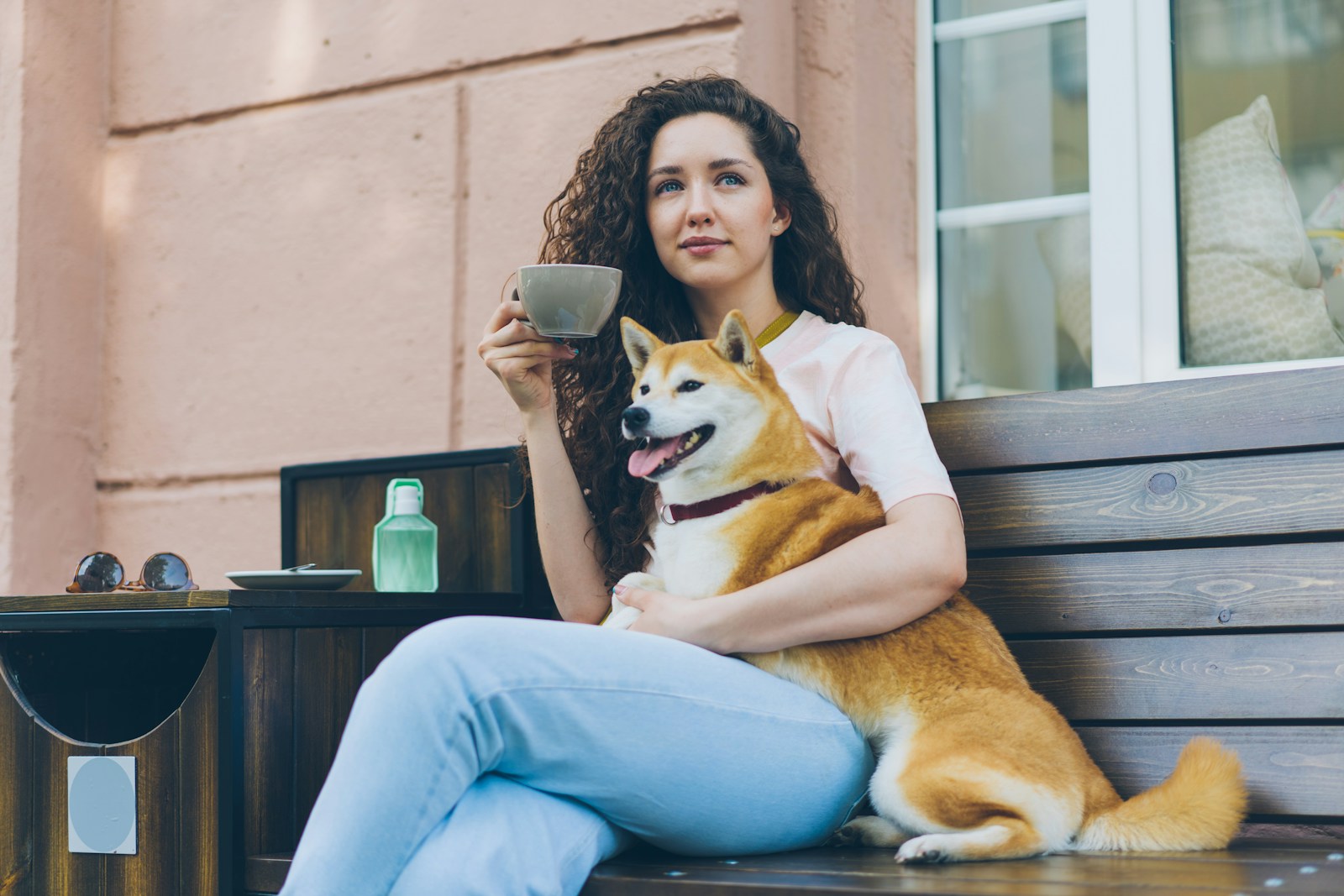
Journaling
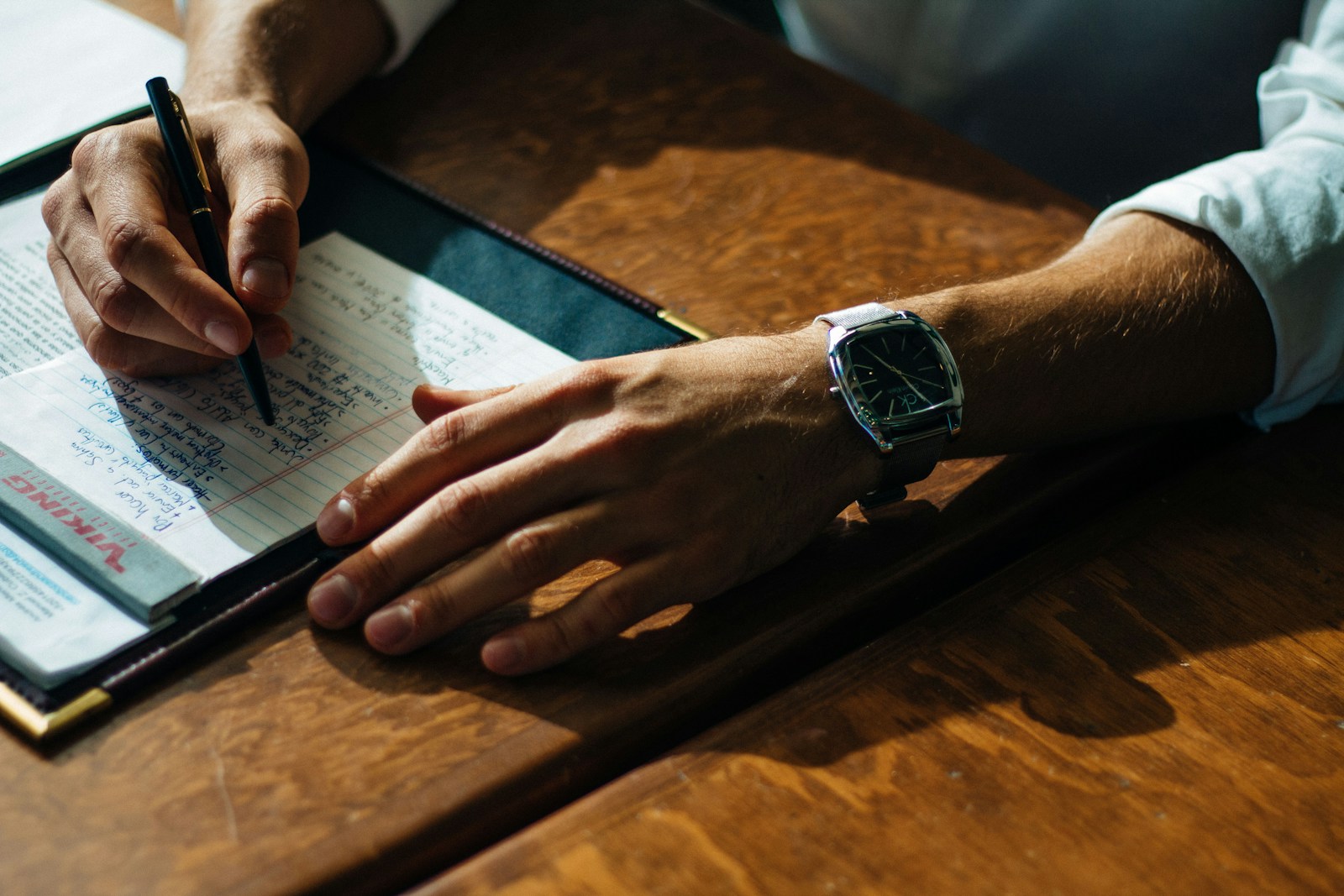
Exercise
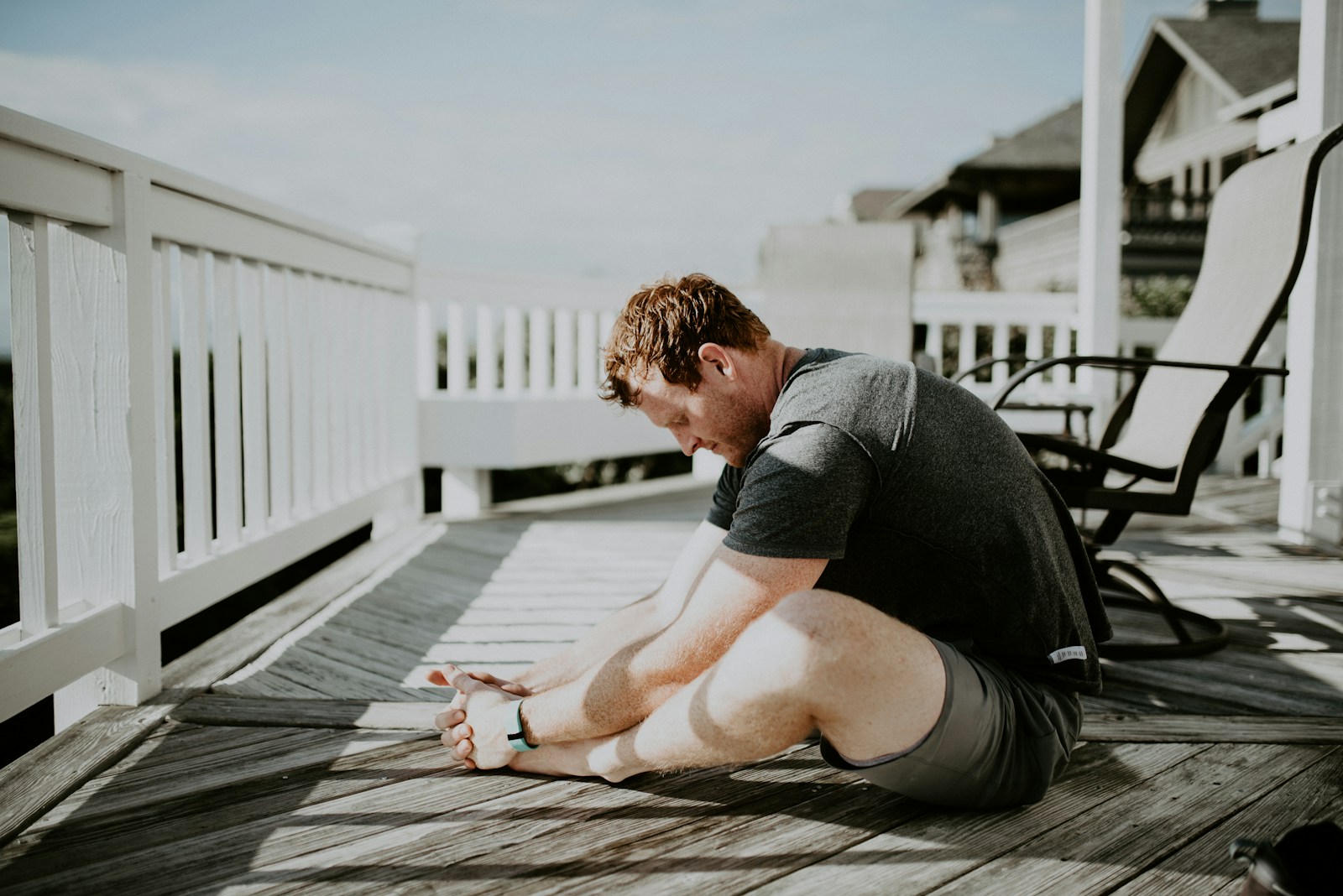
Breathe

Meditation
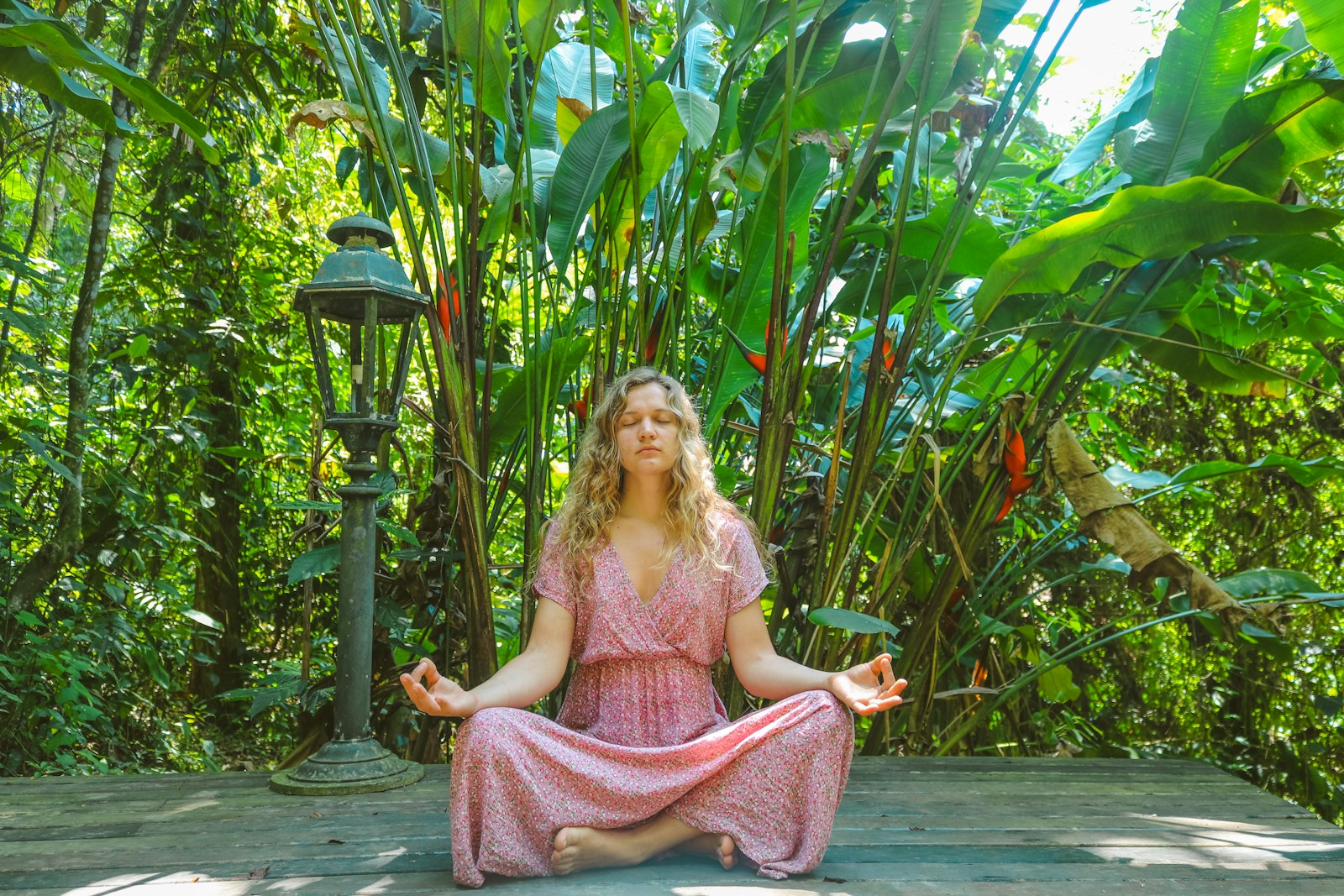
Play games
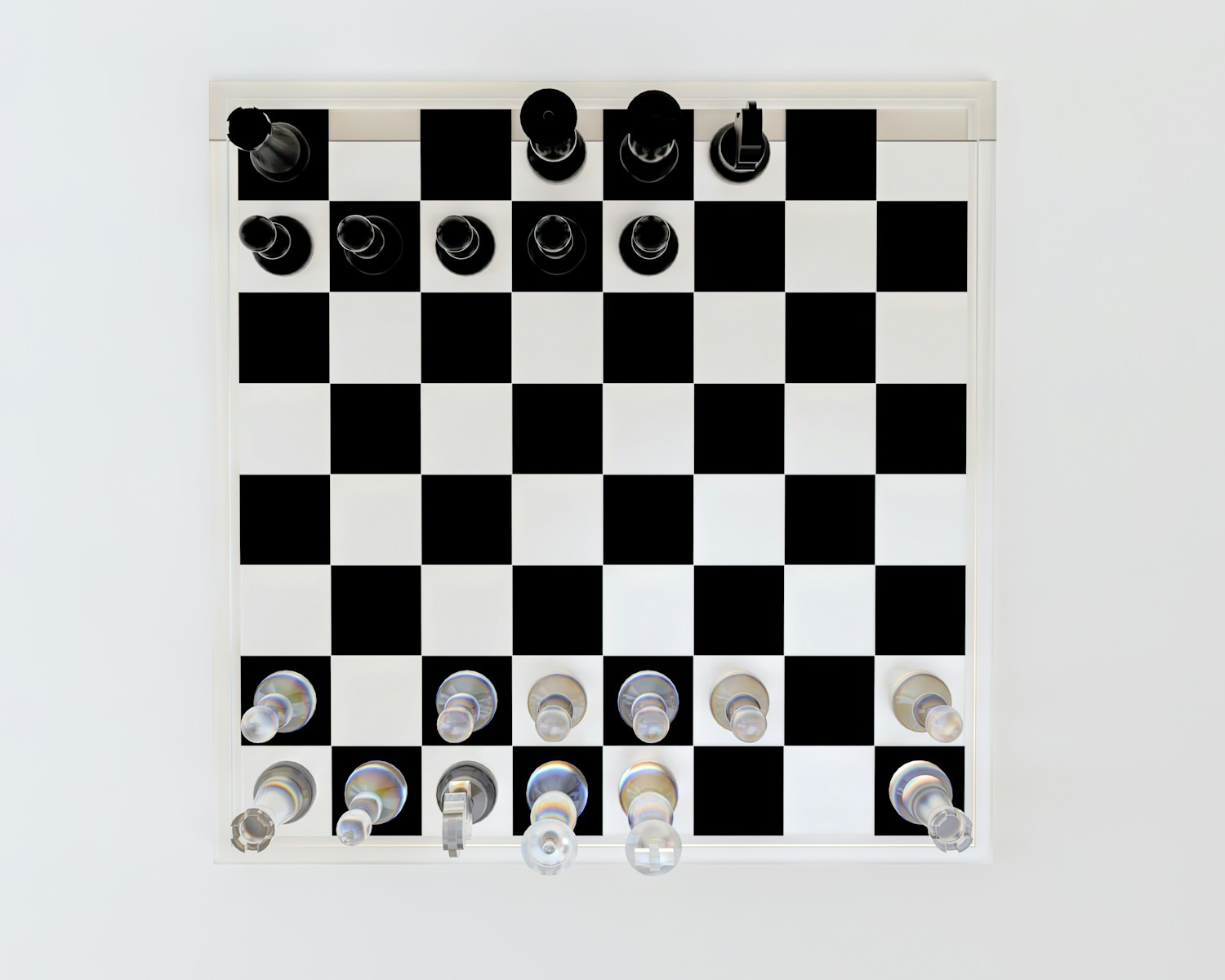
Make food
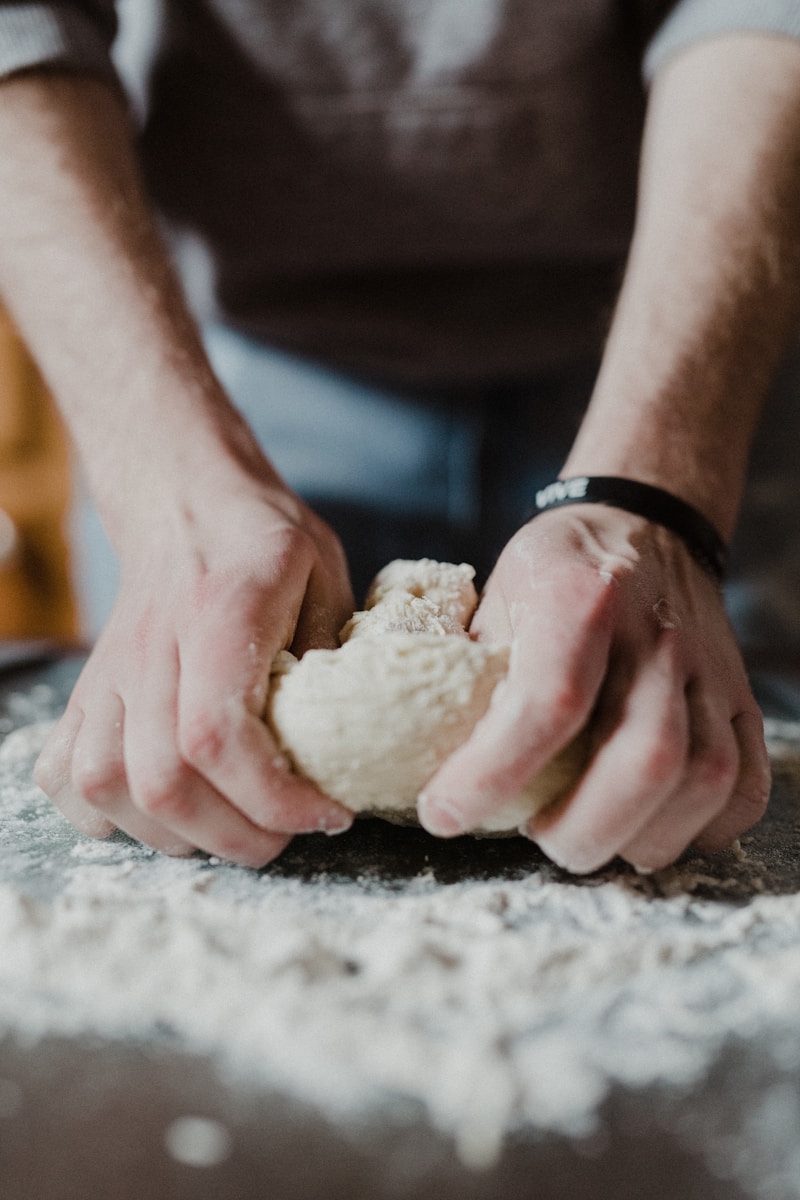
Spirituality
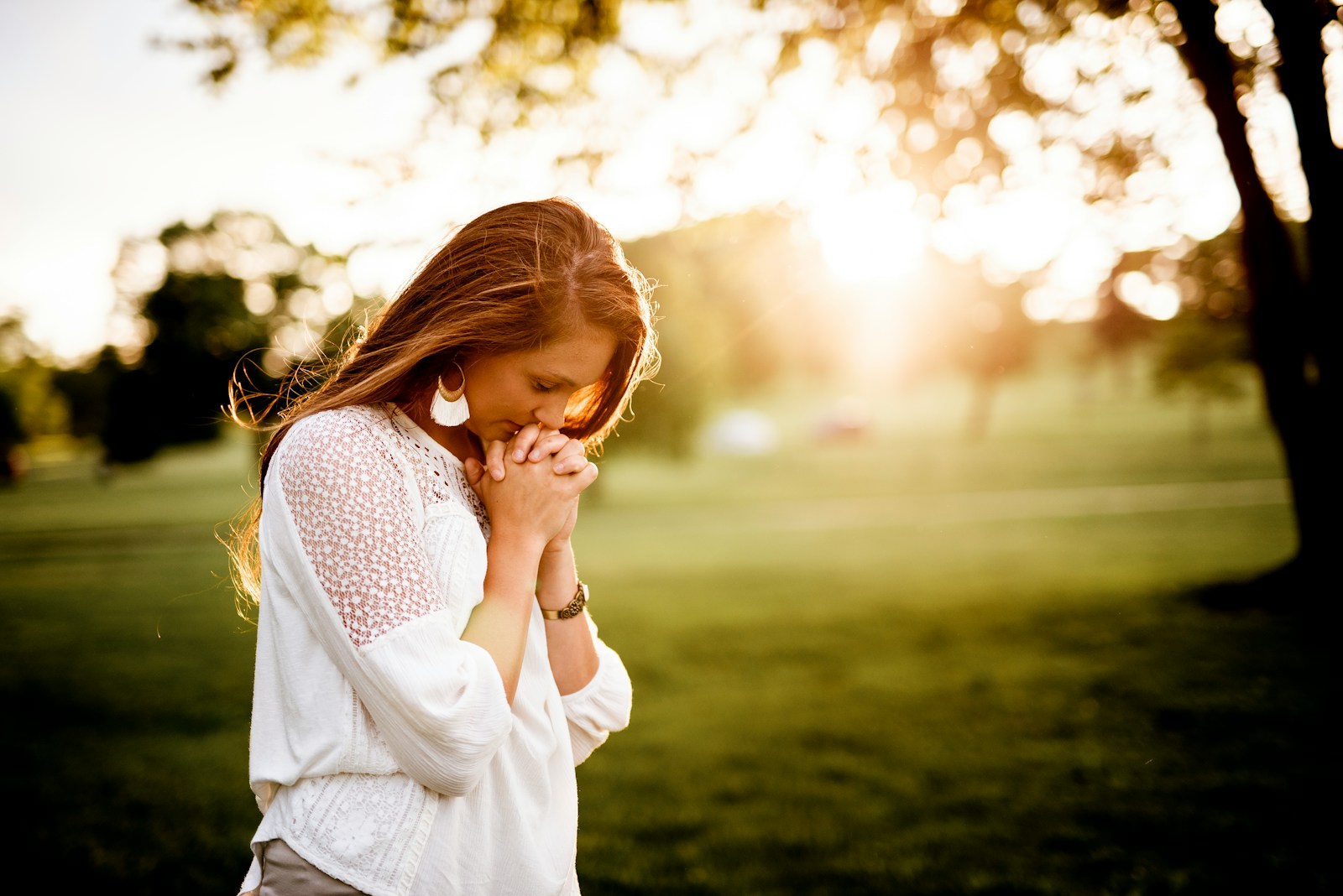
Gratitude

Watch birds

Drink tea
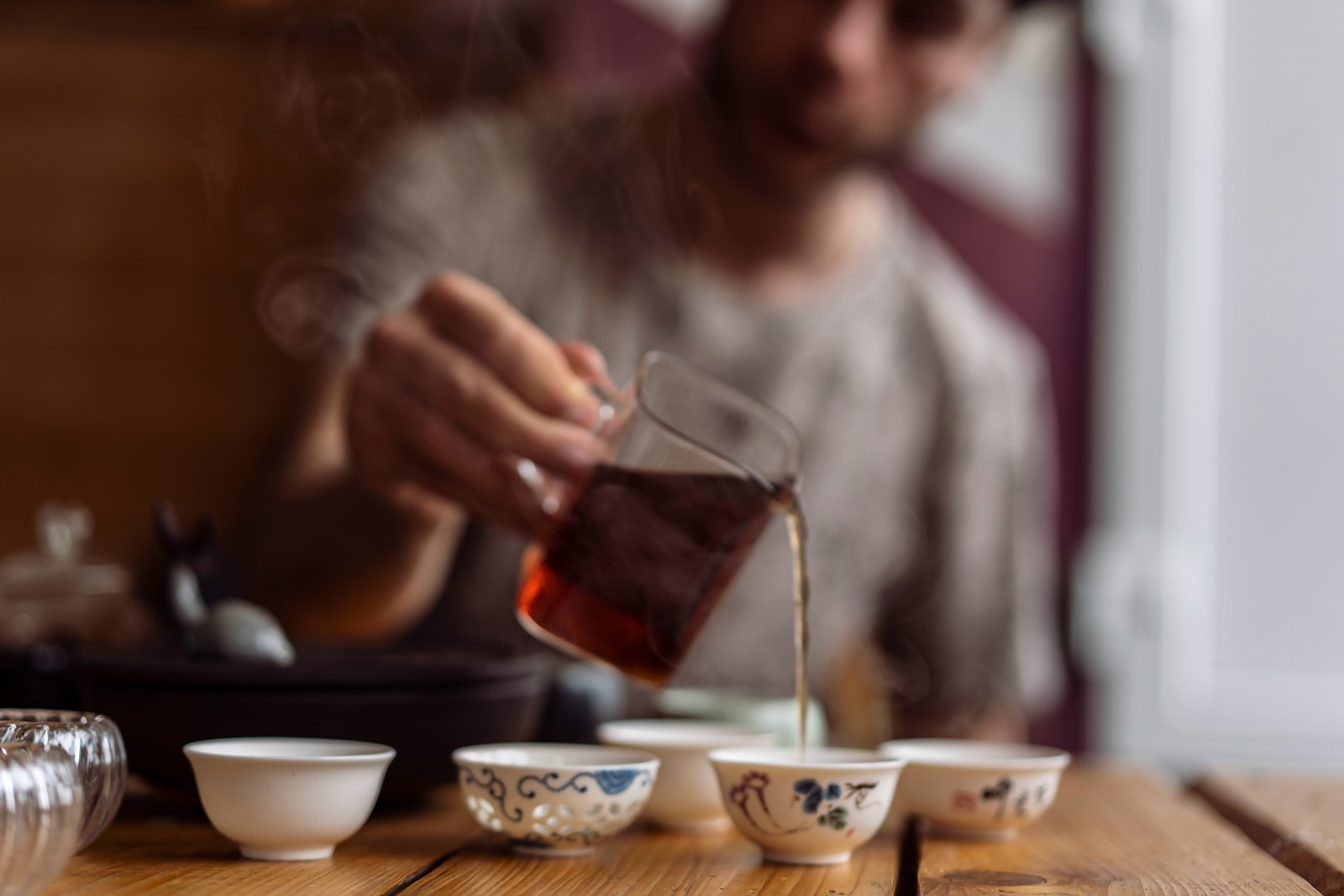
Enjoy sunrise and/or sunset
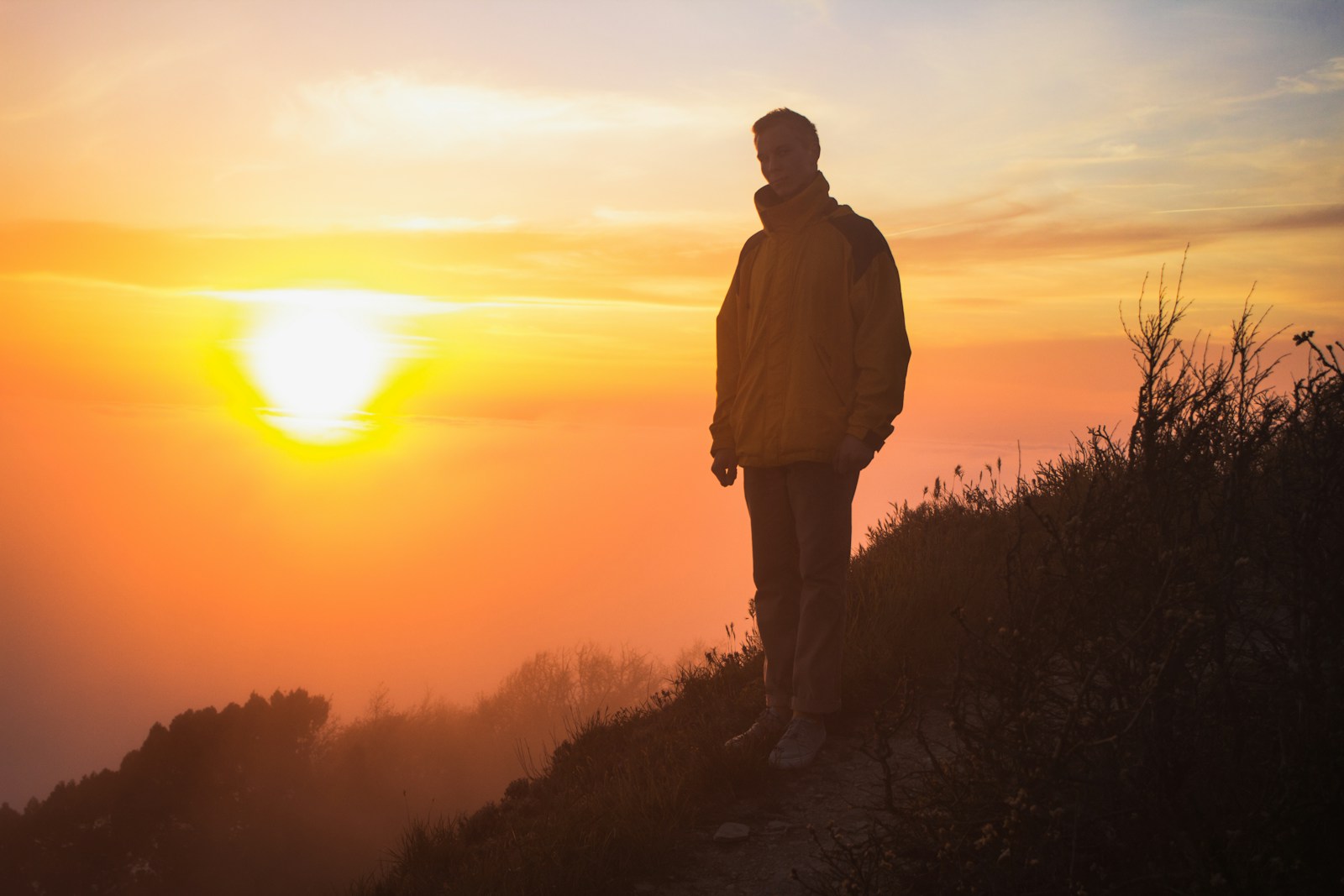
Listen to music
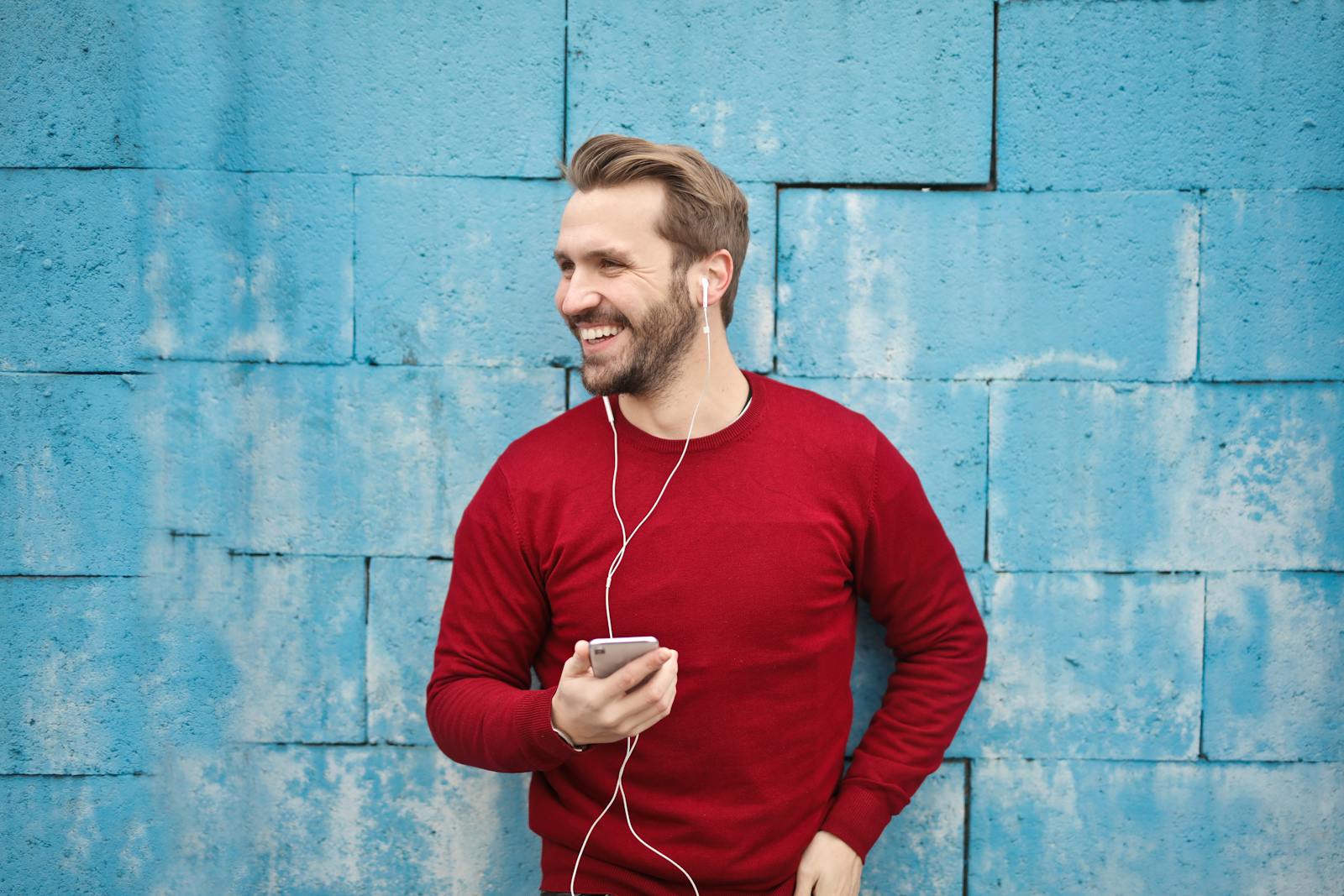
Hugs

Things that might cost but are worth it
Yoga Class
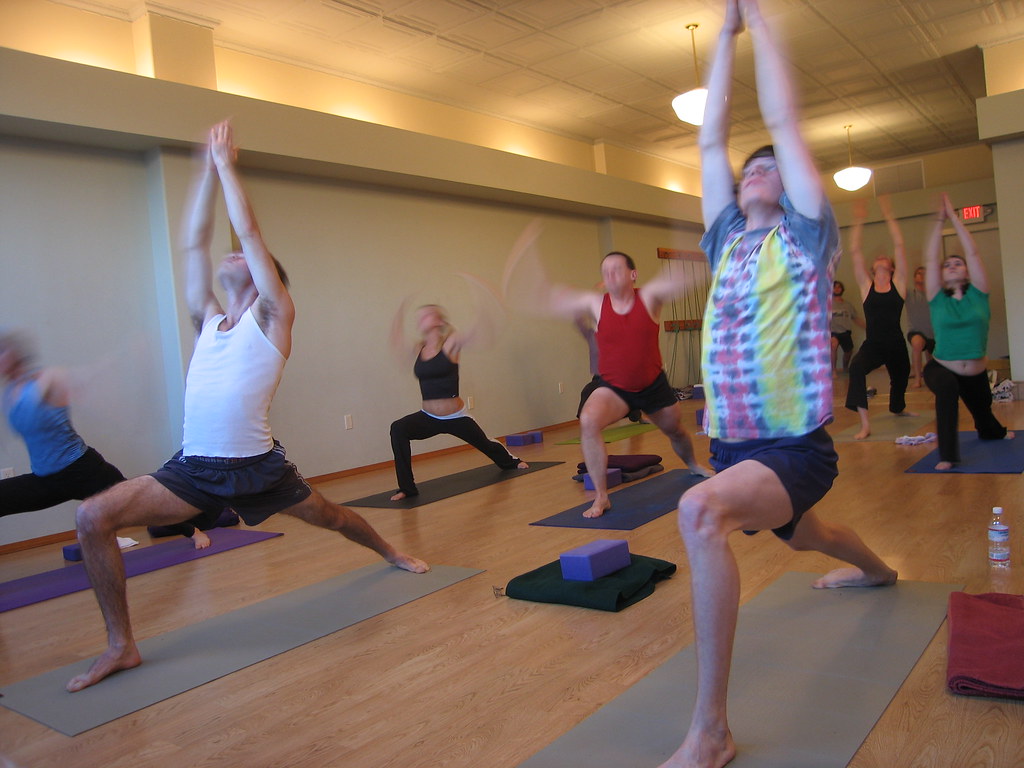
Learn

Get Social
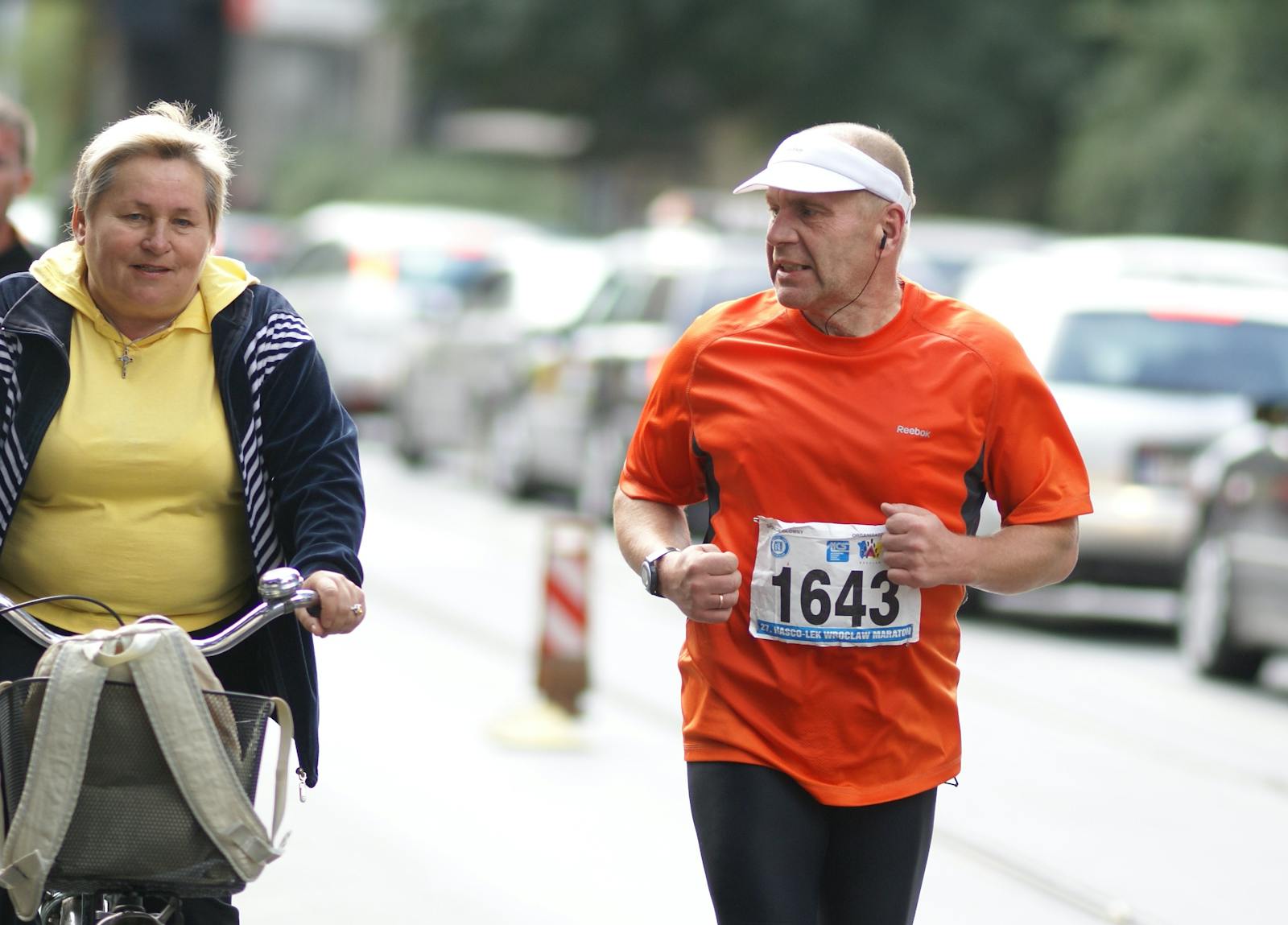
Go on a holiday

Therapy
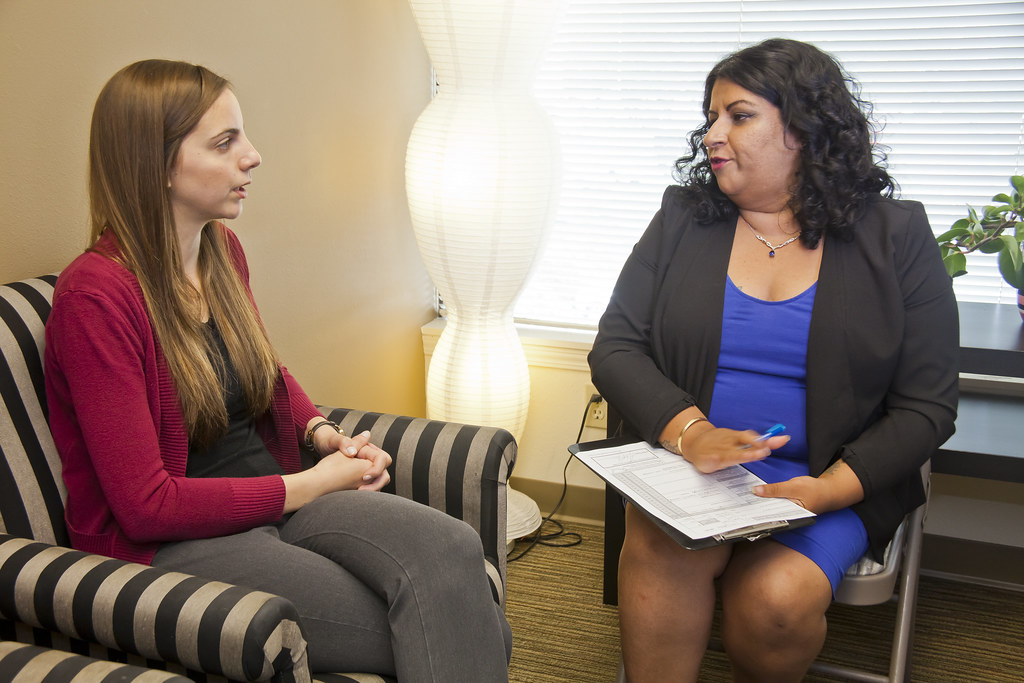
Get a manicure, pedicure, facial
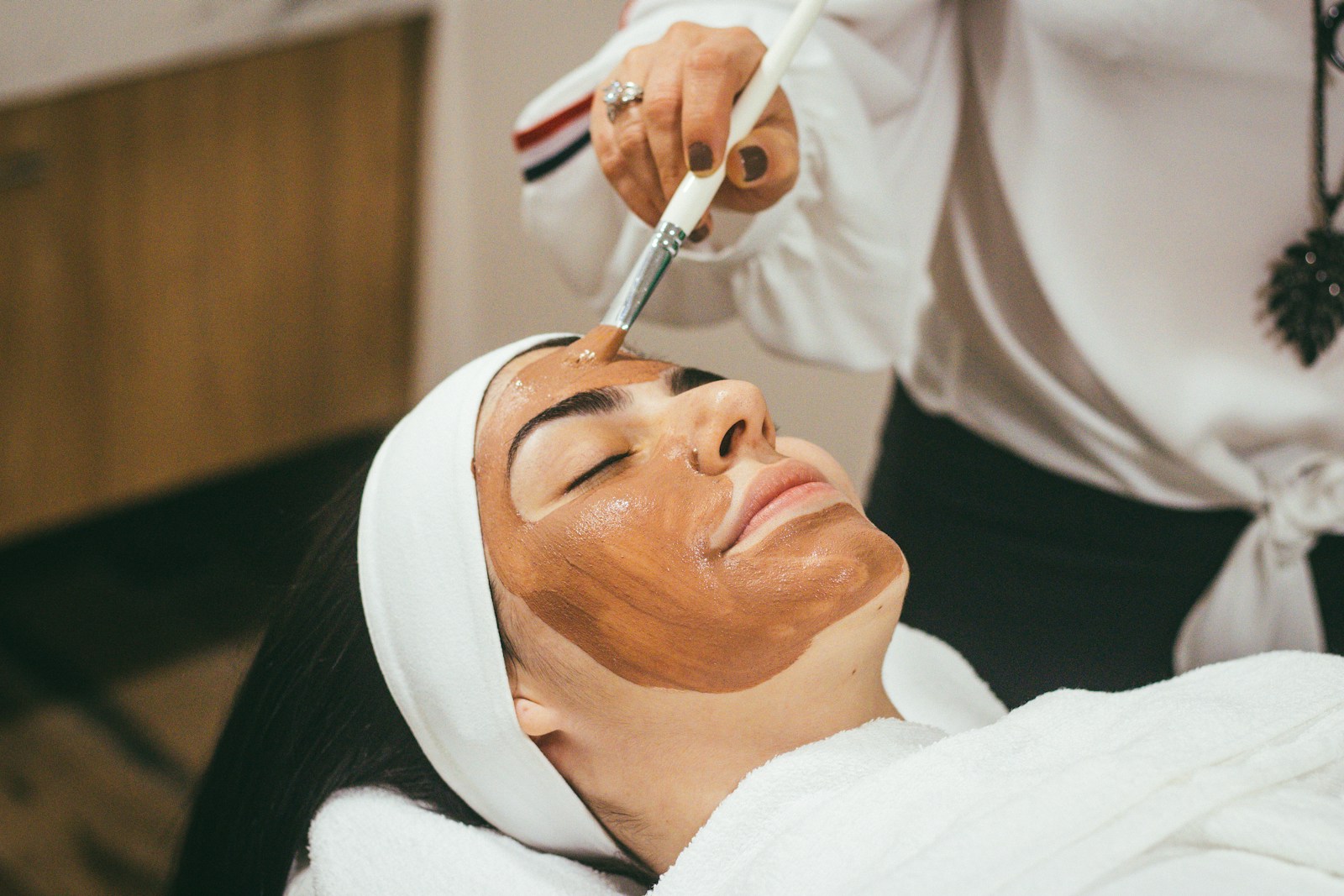
Book a massage, reiki, reflexology
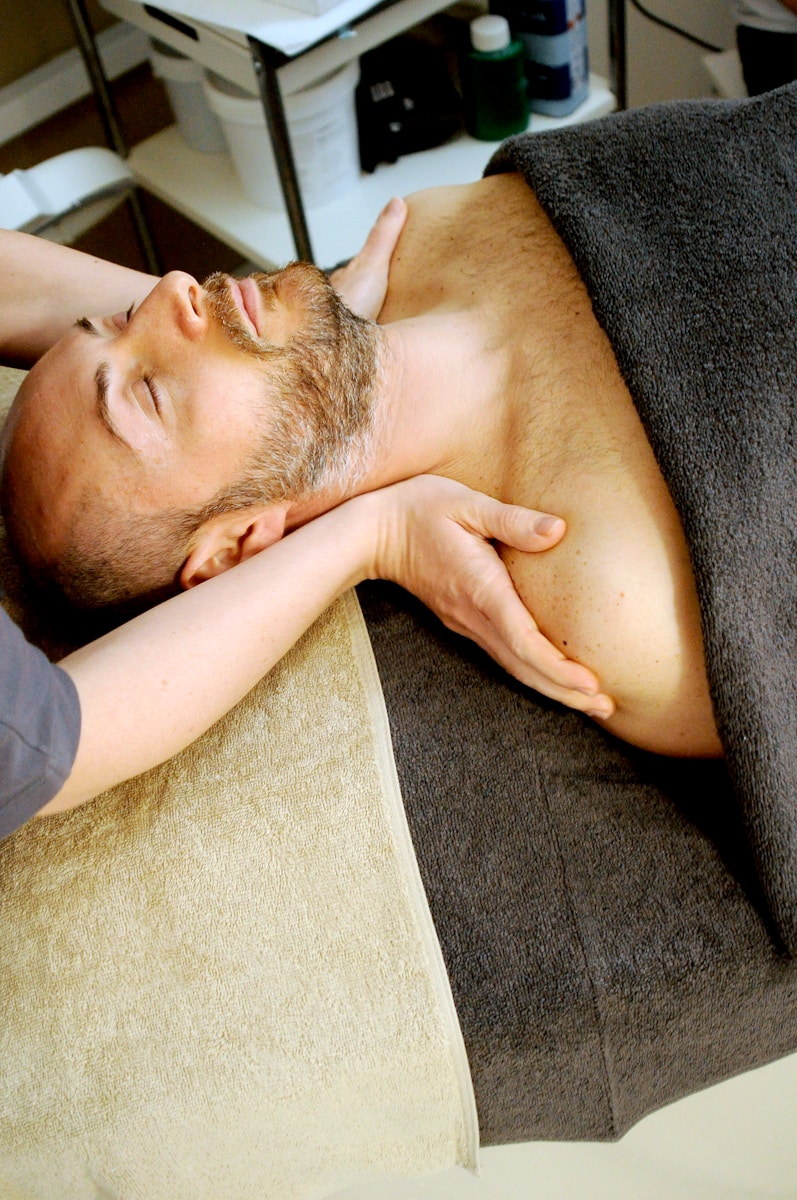
Send yourself flowers or a hamper of lovely things.
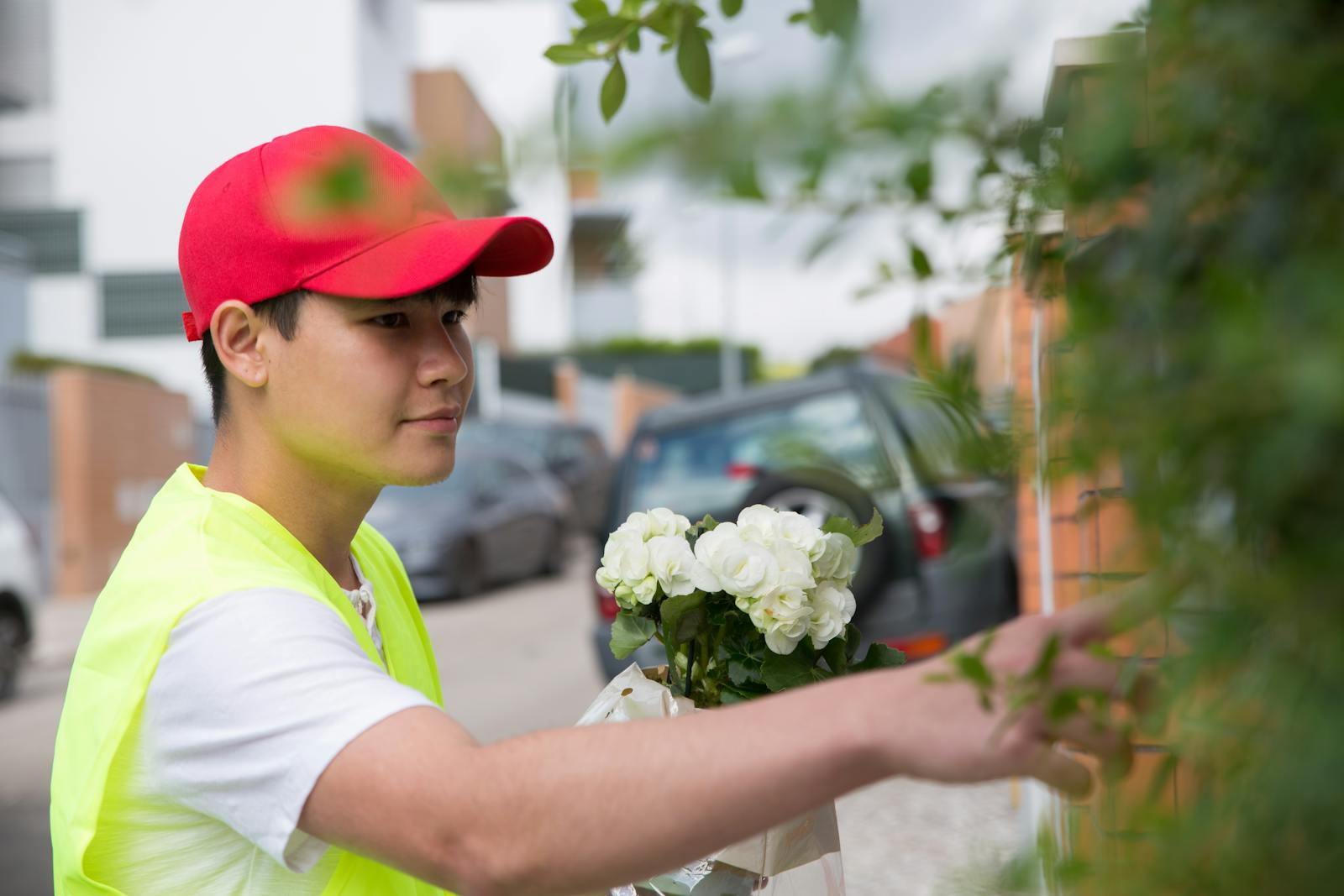
Self-care is important to protect yourself from burnout, stress and anxiety. Your mental health is critical when caring for someone with a life-limiting illness and being able to provide the support they need during difficult and challenging times. Stress has a big impact on your wellbeing so taking time out for your own care benefits everyone. Self-care includes practices like looking after yourself by recognizing your own needs, relaxing, doing enjoyable activities, taking time to slow down and be mindful. Self-care provides a balanced lifestyle to avoid burnout and makes you more effective in what you need to do.
The Seven Pillars of self-care include mental, emotional, physical, environmental, spiritual, recreational and social.
A well-balanced self-care routine involves each of these, so avoid restricting yourself to just one or two pillars.
Holistic therapies are excellent for self-care as they provide support in the seven pillars as well as enjoyment for those who practice them.
Examples of some Holistic Therapies to try:
- Meditation: Meditation is a practice in which an individual uses techniques to train attention and awareness and detach from constant thought patterns to become mentally and emotionally clearer and calmer. Guided meditations are readily available online, YouTube etc.
- Yoga: Yoga is a group of physical, mental and spiritual practices or disciplines that originated in ancient India and aim to control and still the mind which helps to relieve stress and support physical and emotional health and promote balance.
- Reiki: Reiki originated from Japan and uses energy to heal and balance chakras in the body. Practitioners may use no touch and distance techniques to provide relief from ailments and help bring a feeling of wellbeing.
- Massage: Various massage techniques provide the recipient with relief from pain and stress, promoting relaxation. Massage is useful to relieve tired muscles and can be helpful for elderly or unwell people to receive gentle hand massages when other areas of their bodies are delicate or hard to access.
- Breathwork: Breathwork is meditative and helps increase lung capacity as well as decrease anxiety and improve sleep. Breathing techniques aid in focusing and slowing down busy minds.
- Reflexology: Reflexology is the use of massage to the feet that correspond to various parts of the body. Practitioners can focus on specific areas with pressure points to help with the relief of pain and discomfort in muscles, bones, organs and systems.
- Aromatherapy: Aromatherapy is a complementary therapy that uses essential oils and other aroma compounds for the purpose of improving psychological wellbeing. This plant-based holistic approach can be used in inhalation, in baths and topically via massage oils.
- Tai-Chi: Tai Chi is an ancient Chinese martial art which has evolved into a low impact exercise in which practitioners perform a series of deliberate, flowing motions while focusing on deep, slow breaths that is beneficial for the mind and body.
Somatic Therapy: a body centered approach that utilizes strategies such as breathwork, dance and meditation to heal trauma and stress and other mental health issues. - Hypnotherapy: Hypnotherapy is being placed into a trance-like state for the purpose of support with pain and anxiety and many addictions. It is a beneficial addition to medical and therapeutic practices.
